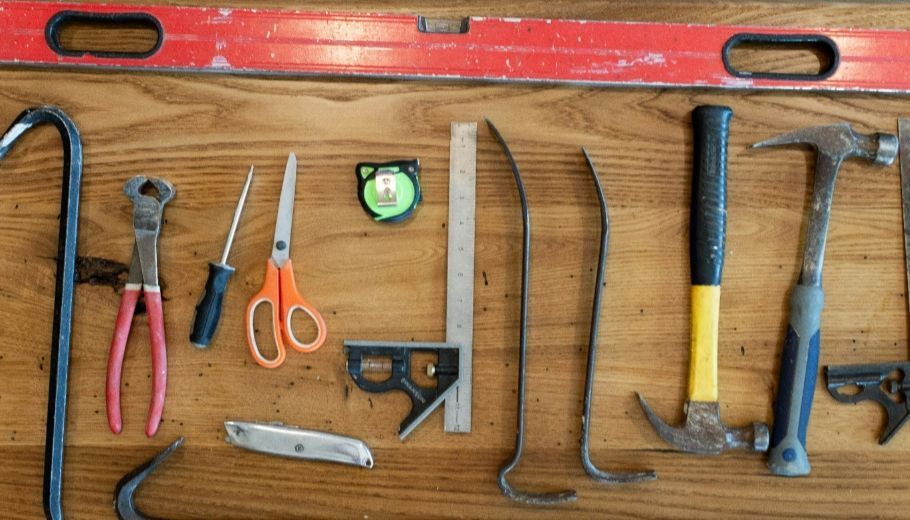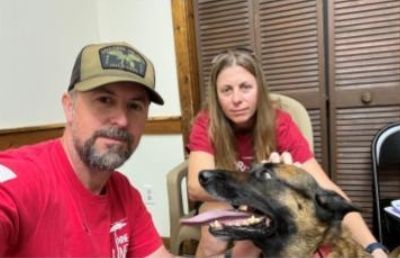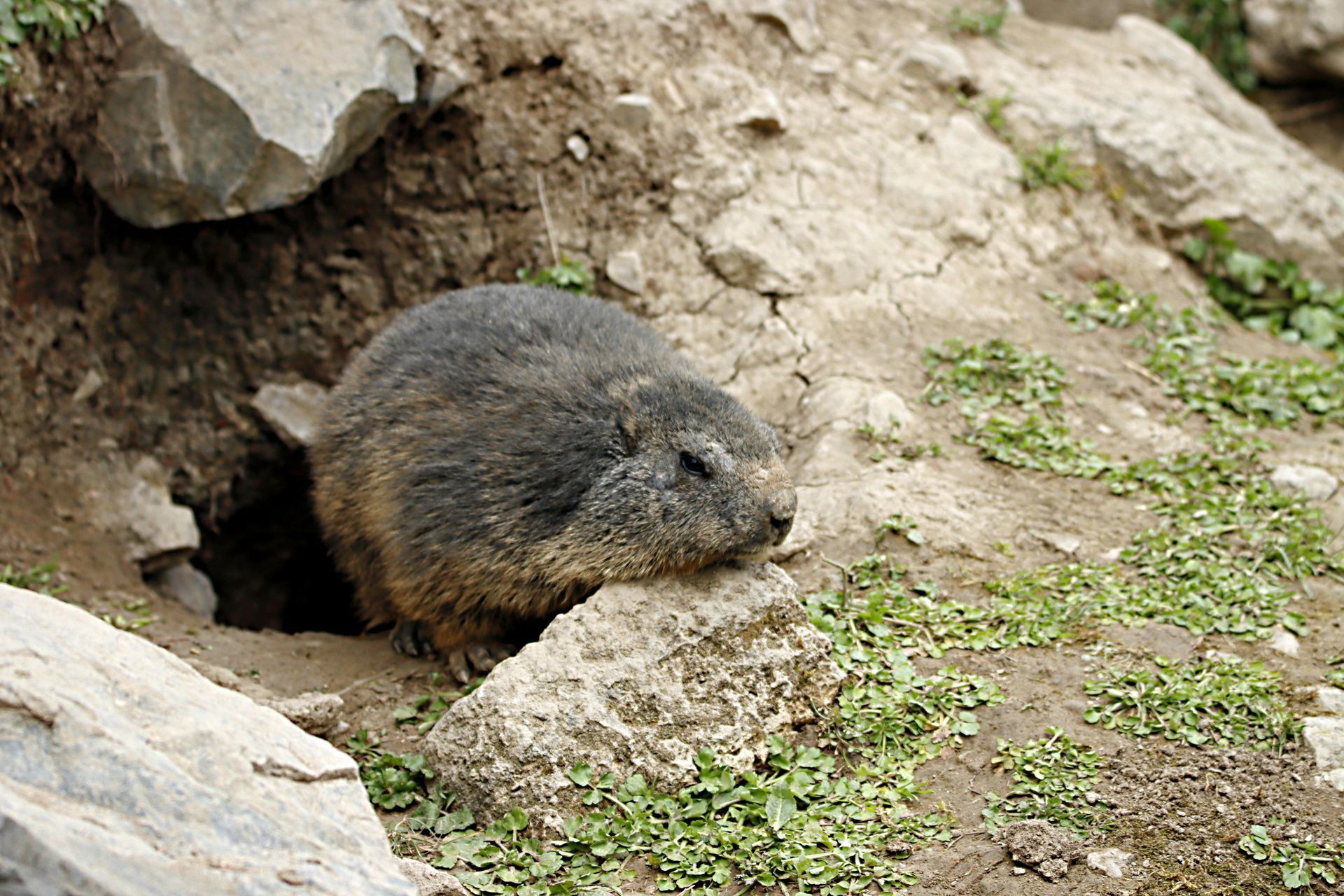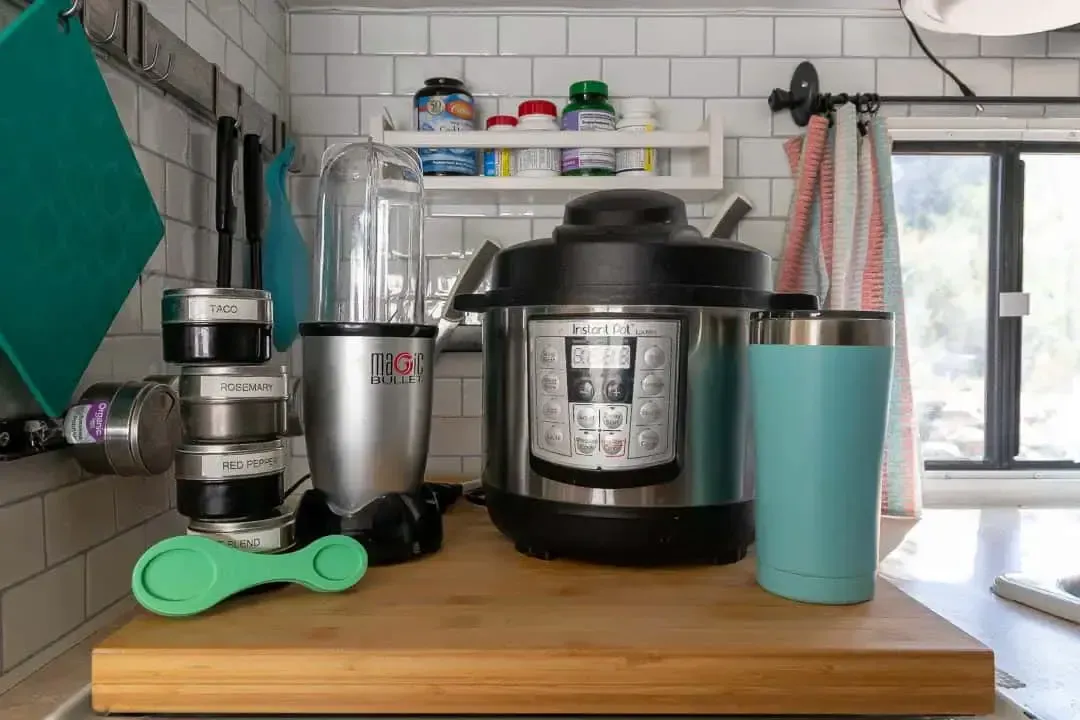Southern Migration Planning Guide: Where to Go, When to Book, and What It Really Costs
Jennifer+ Aggio • October 9, 2025
It's October, and if you're an RVer in a colder climate, you're facing one of the biggest decisions of the year: Do you winterize your rig and hunker down for the season, or do you pack up and chase the sun south?
This isn't just about avoiding cold weather. It's about money, lifestyle, and a commitment that will shape your next 3-6 months. Get it wrong, and you could blow your budget, stress your family, or find yourself stuck somewhere that doesn't feel right. Get it right, and you'll discover why thousands of RVers make this migration every single year.
I know many of you might be thinking it's too late to make this decision, and for many things you are right, but there are still options out there if you haven't made your decision yet, the key is being flexible.
If you are full-timer either you move south where it is warmer or stay put and battle the cold. If you are a part timer then either you move south or figure out how to winterize your RV, see our guide to Winterizing your RV here.
Why this decision matters more than you think:
Financially: Southern migration isn't just about avoiding winterization costs. You're committing to 3-6 months of campground fees, fuel expenses, increased wear on your RV, and daily living costs in areas where prices may be higher than home. A poorly planned migration can cost $5,000-15,000+ more than winterizing and staying put.
Lifestyle-wise: Spending winter down south means being away from family gatherings, missing grandkids' school events, potentially complicating work situations, and navigating healthcare needs far from your regular providers. It also means incredible experiences, new friendships, perfect weather, and the freedom to explore.
Commitment-wise: Once you head south, turning around isn't simple. If you've booked three months at a campground and realize it's not working out, you're often locked in. If a family emergency happens back home, getting back quickly with an RV in tow is complicated and expensive.
This guide isn't to scare you off from the idea but to prepare you so that should you choose to head south for the winter you can enjoy yourself!
This guide is for you if:
- You're considering your first snowbird winter and don't know where to start
- You're working with a tight budget and need to know real costs, not fantasies
- You're weighing winterization versus migration and need concrete numbers
- You need to know when to book, where to go, and what mistakes to avoid
Not sure if migration is right for you? Read our complete winterization guide first. It walks you through every step of proper winterization and helps you calculate the true costs of staying put versus migrating.
Want to hear real stories about winter RVing? Check out our RV Winterization Podcast where Jennifer, Tasha, and I share their experiences with cold weather, southern migration strategies, and lessons learned the hard way.
The truth is, there's no universal "right" answer. Some RVers thrive as snowbirds. Others prefer to stay close to home, winterize properly, and take shorter trips. The key is making an informed decision based on YOUR finances, YOUR family situation, and YOUR goals.
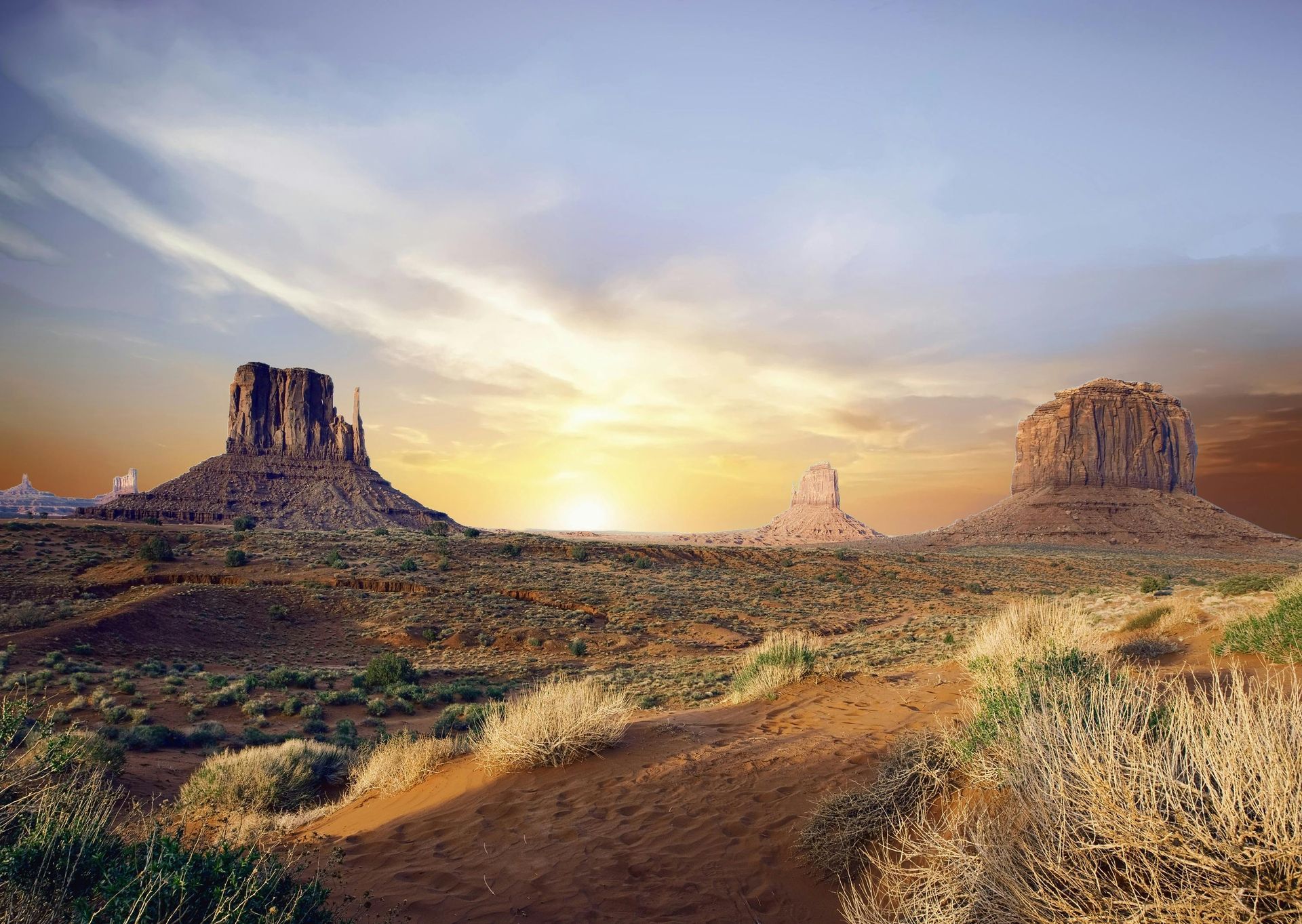
Is Southern Migration Right for You?
Let's talk numbers first—not rosy Instagram numbers, but real costs.
The Three Financial Scenarios
note: there are ways to do each of these scenarios cheaper, these are averages.
Scenario 1: Winterize and Store (4 months)
- Winterization: $150-400
- Storage: $0-800
- Home heating: Your normal bill
- Total: $250-2,000
Scenario 2: Stay in Your RV Up North (4 months)
- RV park: $1,600-3,200
- Propane (heavy use): $800-1,600
- Electric (heaters): $400-1,200
- Potential freeze damage: $500-5,000+
- Total: $3,200-9,000+
Scenario 3: Migrate South (4 months)
- Travel down: $1,300-3,500
- Monthly camping/living: $1,500-6,000/month
- Return travel: $750-1,500
- Total: $8,000-28,000
The bottom line: Migration costs $6,000-26,000 more than winterizing. Is warm sunshine and new experiences worth that to you? Only you can answer.
When Migration Makes Financial Sense:
✅ You're already full-time RVers (paying for somewhere to be anyway)
✅ You have significant home heating costs you can eliminate
✅ You can work remotely (earning income while traveling)
✅ Your RV isn't winter-rated (avoiding thousands in potential freeze damage)
✅ You can score budget camping (Thousand Trails, boondocking)
✅ You're retired and the lifestyle improves your quality of life
When Staying Put Makes More Sense:
❌ You have a mortgage and can't rent your house
❌ Limited budget with no wiggle room
❌ Family obligations require you to be nearby
❌ Work can't be done remotely
❌ Health issues complicate extended travel
❌ Your RV needs significant repairs before it's road-ready
Lifestyle Considerations Beyond Money
Time commitment: Can you be away 3-6 months? First-timers often overcommit—consider starting with 6-8 weeks.
Work requirements: Remote work is doable but requires reliable internet. Retired? You're golden.
Family obligations: Grandchildren, aging parents, adult children who might need you—being 2,000 miles away during emergencies is stressful. Video calls help, though.
Health and medical: Can you get prescriptions filled in other states? Does your insurance cover out-of-state care? Do you need regular treatments requiring specific facilities?
The Goldilocks question: Not all destinations are equally warm. Southern Florida is 75-80°F, but the Texas Panhandle might only be 55-65°F. Define what "warm enough" means to you before choosing your destination.
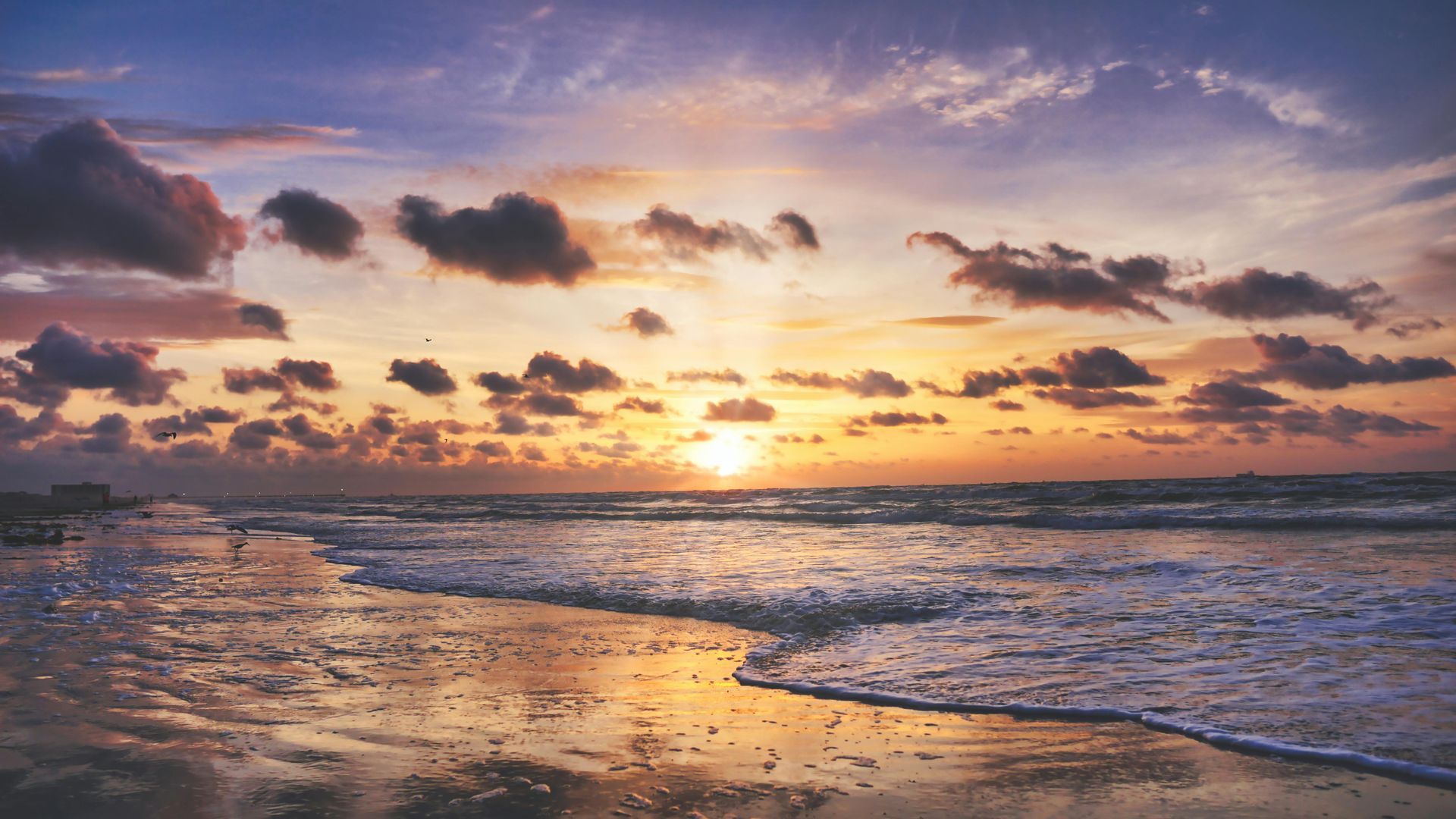
Where Snowbirds Actually Go
Here's a quick comparison of the most popular destinations:
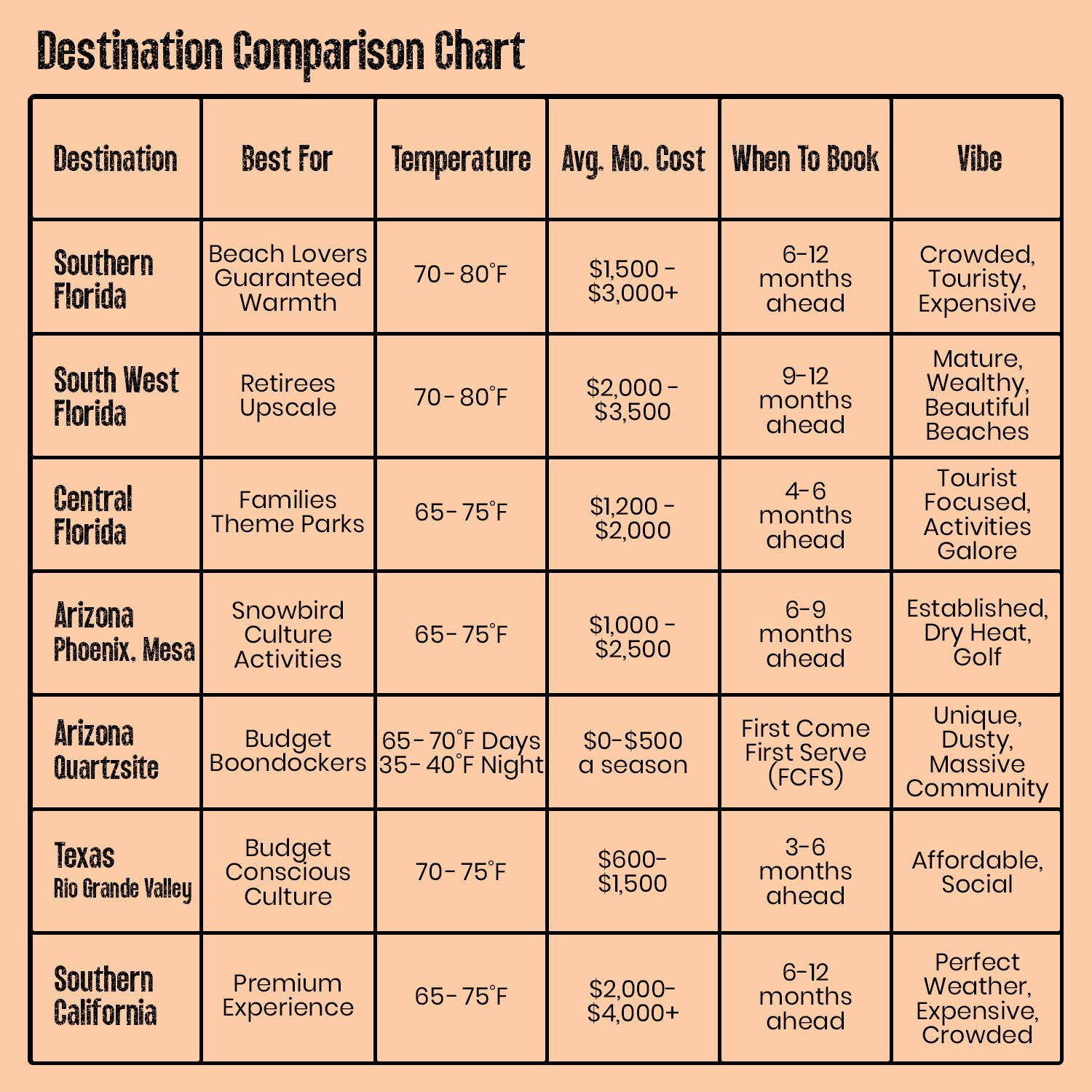
Quick Destination Summaries:
Florida: The snowbird capital. Warm, crowded, expensive, endless activities. Book early for Gulf Coast. Cold snaps happen even here.
Arizona: Desert beauty, boondocking paradise, dry heat, cold nights. Quartzsite is legendary (and free/cheap). Phoenix/Mesa has resort-style snowbird culture. Can be hard to find locations that accept children.
Texas: Budget-friendly, especially Rio Grande Valley. Authentic Mexican culture, great food, established snowbird scene. Remember: Texas CAN freeze (February 2021).
California: Premium pricing for premium weather. San Diego is perfect but costs a fortune. Desert areas more affordable but still pricey.
Gulf Coast alternatives: Alabama, Mississippi, Louisiana offer beaches at lower prices but cooler temps (55-65°F).
The winner depends on your priorities: Warmth, budget, activities, or community.
When to Book: The Timeline That Actually Matters

Timing is everything. Book too early and you're locked in way ahead. Book too late and you're scrambling for leftovers.
The Booking Timeline:
12+ months ahead:
- California premium locations
- Florida Keys
- Specific high-demand Florida resorts
- Only if you need a very specific location
6-9 months ahead: THE SWEET SPOT
- Most Arizona resort parks
- Popular Texas parks
- Florida Gulf Coast mainstream parks
- Best balance of selection without crazy-early commitment
- This is when most experienced snowbirds book
3-4 months ahead:
- Still decent spots available
- Less popular destinations have good availability
- You'll compromise on exact site but find good parks
- Shoulder season (November, April) easier to book
1-2 months ahead:
- Limited options at popular destinations
- Might pay premium rates
- Good for boondocking (doesn't need reservations)
- Very flexible travelers only
Under 1 month: Yes, it's still possible, just might require more work.
- Slim pickings
- Potential cancellations (check daily)
- Boondocking your best bet
- Don't count on finding anything in peak season
Peak Season Reality:
November: Shoulder season, good availability, lower prices
December-March: PEAK SEASON—book 6-9 months ahead or expect limited options and high prices
January-February: Hardest months to find availability
April: Availability opens up, prices drop, heat arrives
Pro Booking Strategies:
✅ Book your "home base" for 6-8 weeks in the sweet spot (6-9 months ahead)
✅ Add shorter stays elsewhere closer to travel dates (more flexibility)
✅ Book refundable when possible even if slightly more expensive
✅ Join Facebook groups for your destination—people share cancellations
✅ Call parks directly often have more availability than online systems show
What Does It Really Cost?
Forget the "We winter for $800/month!" blog posts. Here's reality.
Camping can cost anywhere between Free and $2,500/month depending on location and the type of camping you are doing. While Free is an option, it means boondocking and their are added costs to boondocking. Check out our Beginner's Guide to Boondocking here.
Food has a wide range of cost. I would start with your average monthly food budget wherever 'home' is and then add at least 25% to that. Take into account the desire to eat out more since you are in a new location, also tourist areas tend to have higher grocery cost as well.
Fuel is another one of those things that tend to cost more when in a tourist or heavily populated area. Just count on fuel costing more in the winter wherever you go. Plan to add 25% to your budget for this.
Utilities are extra if you are doing monthly stays. There are still a handful of resorts out there that include electric in their monthly rate but more common you will get charged extra. Depending on location and the rate this can vary anywhere between $100/month- $300+.
Entertainment is definitely something to plan for, what's the point of heading somewhere if you plan to hide out in your RV all day. There are almost always free things to do wherever you go, but definitely budget for some paid activities as well. Figure out your budget and stick to it.
Don't Forget Hidden Costs:
- RV maintenance and repairs ($100-500/month buffer)
- Medical co-pays for unexpected illness
- Pet care if needed
- Shipping items home (that flea market got you, didn't it?)
- Impulse purchases and souvenirs
- Higher cell phone data usage
Budget conservatively and add 15-20% buffer for unexpected costs.
Essential Planning: Route, Prep, and Logistics
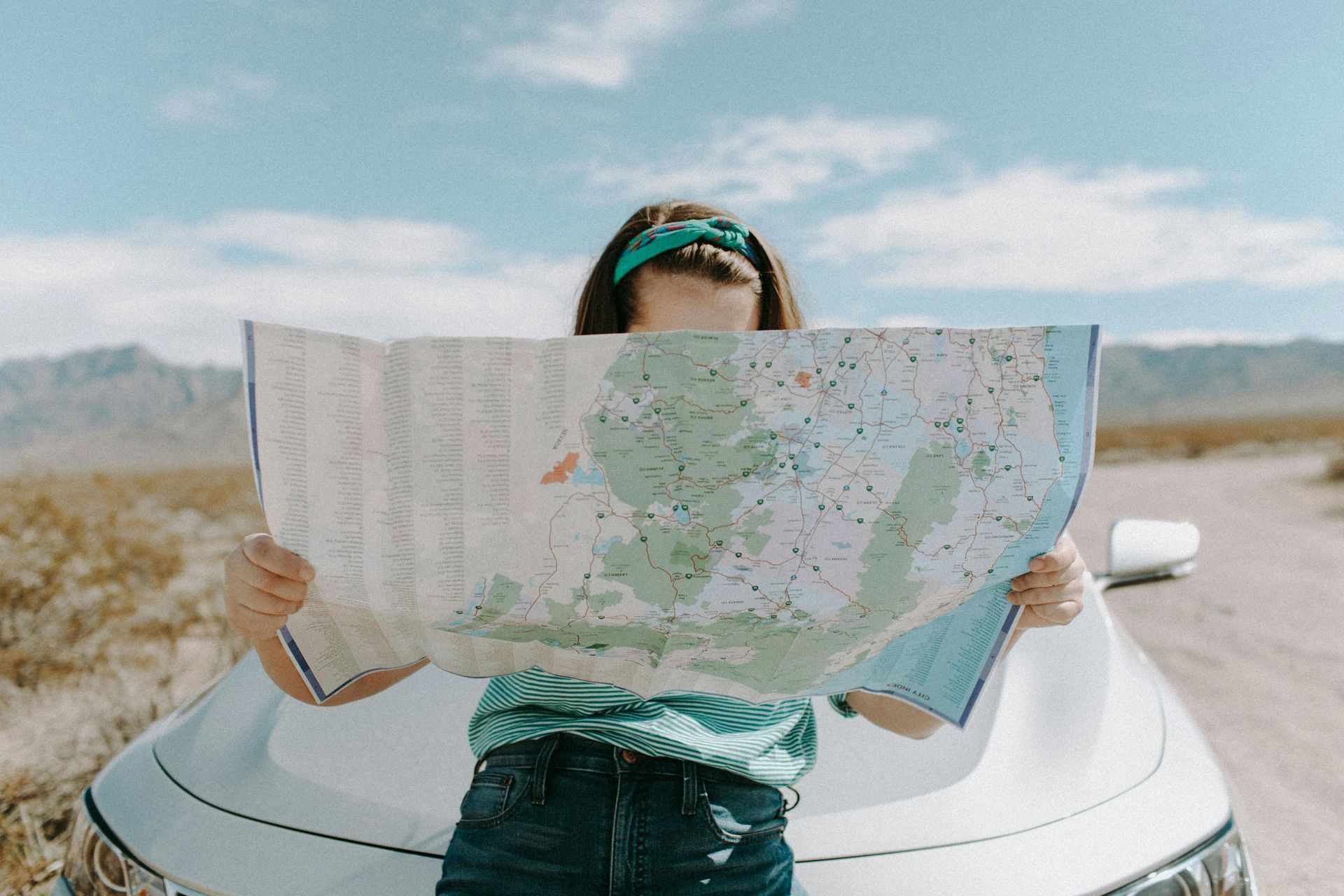
Route Planning Basics:
The 2-3 hour rule: Drive 300 miles per day max. More sustainable, less stressful, easier on your rig. Read our 3-3-3 Blog on travel days.
Most snowbirds take 5-7 days to reach southern destinations from northern states.
Overnight stops:
- Free: Walmart, Cracker Barrel, Casinos
- Experience/Cheap: Harvest Hosts, RV Overnights
- Budget: $30-50/night at basic campgrounds
- Splurge: $50-80/night for full hookups when you need to dump tanks
Weather watching: Check forecasts 7-10 days before departure. Have alternate routes ready for mountain passes in bad weather.
Before You Leave Checklist:
Mail & Banking:
- Set up mail forwarding or hol
- Notify banks/credit cards of travel
- Set up auto-pay for all bills
Medical:
- Get 90-day prescription refills
- Transfer prescriptions to national chains
- Know where urgent care facilities are at destination
- Bring medication lists and medical records
RV Prep:
- Full maintenance check (oil, tires, fluids, brakes)
- Test all systems and appliances
- Check roof seals
- Stock emergency supplies
- Secure everything inside
Home Prep:
- Set thermostat (55°F minimum if winter)
- Arrange snow removal
- Cancel/pause services
- Have someone check house periodically
- Pay bills ahead
Documents to bring:
- Licenses, registration, insurance cards
- Pet vaccination records
- Passport (if near borders)
- Medical information
Top 10 Mistakes to Avoid
Learn from others' expensive errors:
1. Booking too late → You pay premium prices for parks nobody wanted. Book 6-9 months ahead for popular spots.
2. Underestimating costs → Add 20% buffer to your budget. Track spending your first month and adjust.
3. Over-planning your schedule → Pick ONE home base for 6-8 weeks minimum. Constant moving is exhausting.
4. Ignoring RV maintenance → That "weird noise" becomes a $2,500 breakdown in Alabama. Fix things before you leave.
5. Not checking campground reviews → Website photos lie. Read recent reviews on multiple sites before booking.
6. Assuming "south = warm" → Texas froze in February 2021. Pack warm clothes even for Florida. Cold snaps happen.
7. Booking entire winter in one place (first time) → Test 4-6 weeks first. What if you hate it? Build in flexibility.
8. Forgetting return fuel costs → Budget round-trip fuel from the start. Set aside return money separately.
9. Trying to see everything → Pick 2-3 must-sees, leave rest unscheduled. Quality over quantity. You can come back next year.
10. Isolating yourself → Push yourself to attend one campground activity. The community is incredibly welcoming, give it a chance.
Bonus mistake: Not having backup plans. Know alternate campgrounds, routes, and what to do if things go wrong.
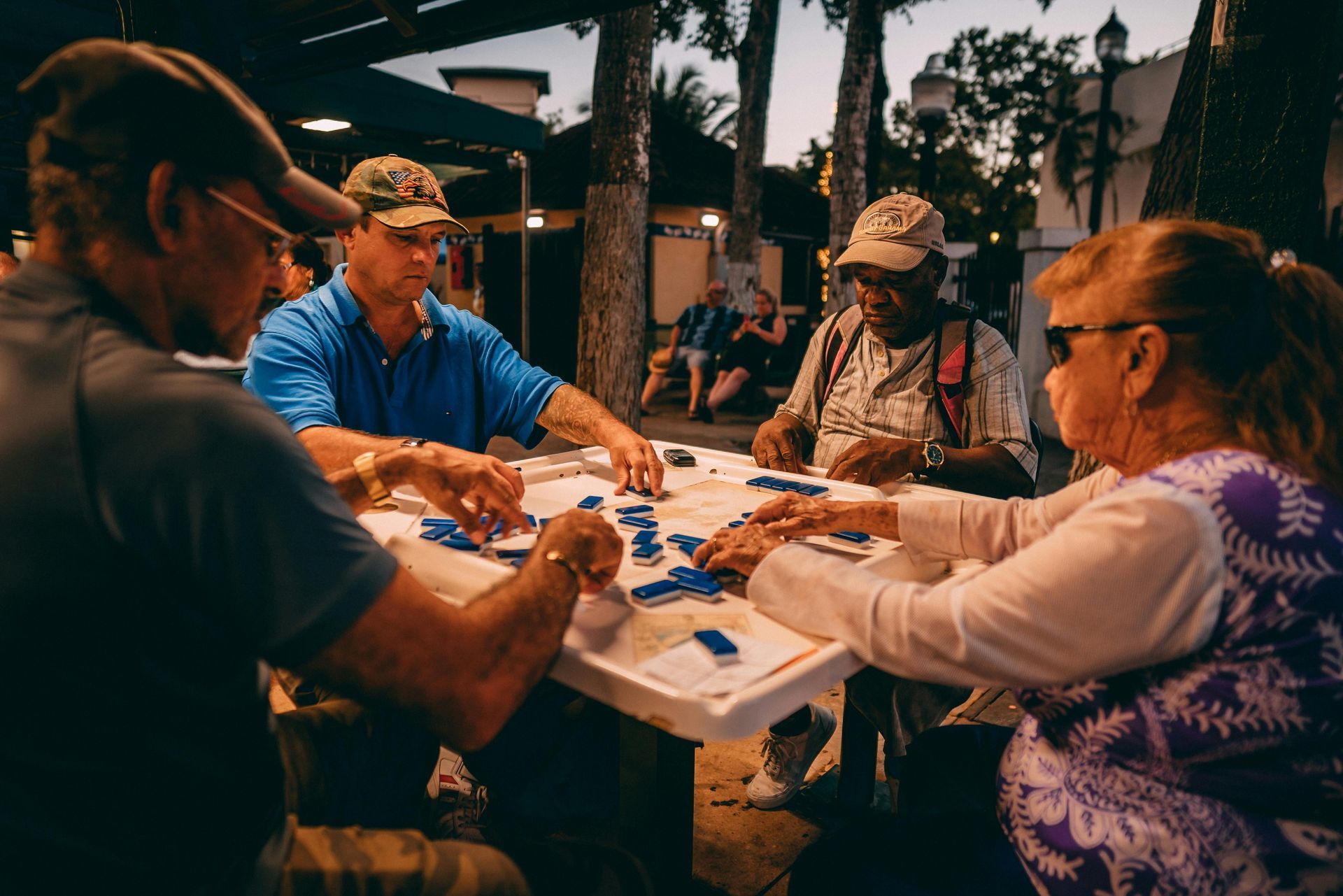
Making the Most of Your Winter
Once you arrive, remember why you're there: warm weather, new experiences, and community.
Finding Community:
- Attend campground activities (potlucks, game nights, coffee hours)
- Join local clubs (pickle ball, cards, dancing)
- Connect with other RVers online before you go
- Don't isolate—even introverts need some connection
Staying Active:
- State and national parks (hiking, wildlife viewing)
- Beaches (free!)
- Local libraries (events, wifi, air conditioning)
- Walking and biking
- Fitness centers (many campgrounds have them)
Avoiding Burnout:
- Build in rest days
- Say no to activities sometimes
- Create routines (structure prevents aimlessness)
- Maintain hobbies from home
- Balance social time with alone time
When to Adjust:
Stay longer if: You're loving it, weather at home is still terrible, campground offers extended discounts
Go home early if: You're miserable, missing family is painful, health concerns arise. Don't suffer through months of misery.
Listen to our podcast for more real stories about making the most of snowbird life!
Conclusion: Your Winter, Your Choice
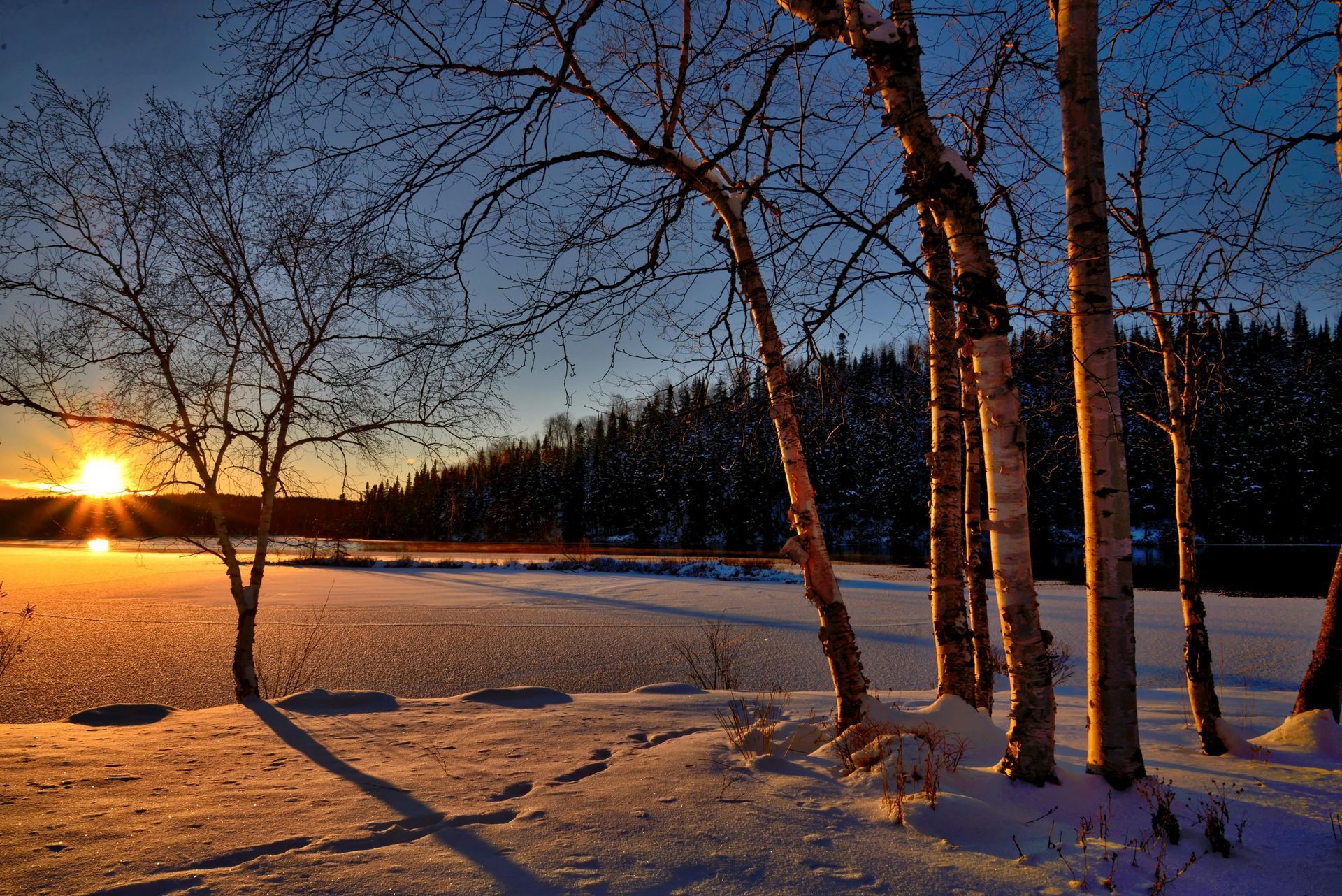
Here's what successful snowbirds know:
Your first winter won't be perfect. You'll make mistakes. That's normal. Learn from them.
It gets easier every year. Second winter you'll know your preferences. By year five, you'll be the expert helping newbies.
Flexibility beats perfection. Weather changes, RVs break down, plans shift. Roll with it.
Community makes or breaks the experience. Connection with other RVers transforms good winters into great ones. Join one of our free online communities to help find community at your winter destination.
It's okay to change your mind. Loved Florida but want to try Arizona? Do it. Done snowbirding forever? That's fine too.
The Real Question
The question isn't "Can I afford to go south?"
The question is: "Will spending 3-6 months in warm weather improve my quality of life enough to justify the cost and commitment?"
Only you can answer that.
For some, the answer is an emphatic yes—escaping brutal winters justifies every dollar.
For others, staying home near family and familiar routines matters more than sunshine.
Both answers are right—for the person making them.
Still Not Sure?
Give yourself until end of October to decide. Research more, check your budget, talk to family—then commit.
Either way, you're making an informed choice.
If You're Winterizing:
Read our complete Winterization Guide with step-by-step instructions to protect your RV through winter.
Listen to our Winterization Podcast for real stories and practical tips.
We Want to Hear From You
Planning your first snowbird season? Tell us in the comments where you're headed!
Been snowbirding for years? Share your best advice for first-timers below.
Still deciding? What's holding you back? Our community can help you think it through.
From all of us at Learn to RV: Whether you're heading south or hunkering down, we hope you have a wonderful winter. Stay warm (one way or another), stay safe, and keep exploring this incredible RV lifestyle.
Now go make your decision and start planning. Winter is coming—what are you going to do about it?

